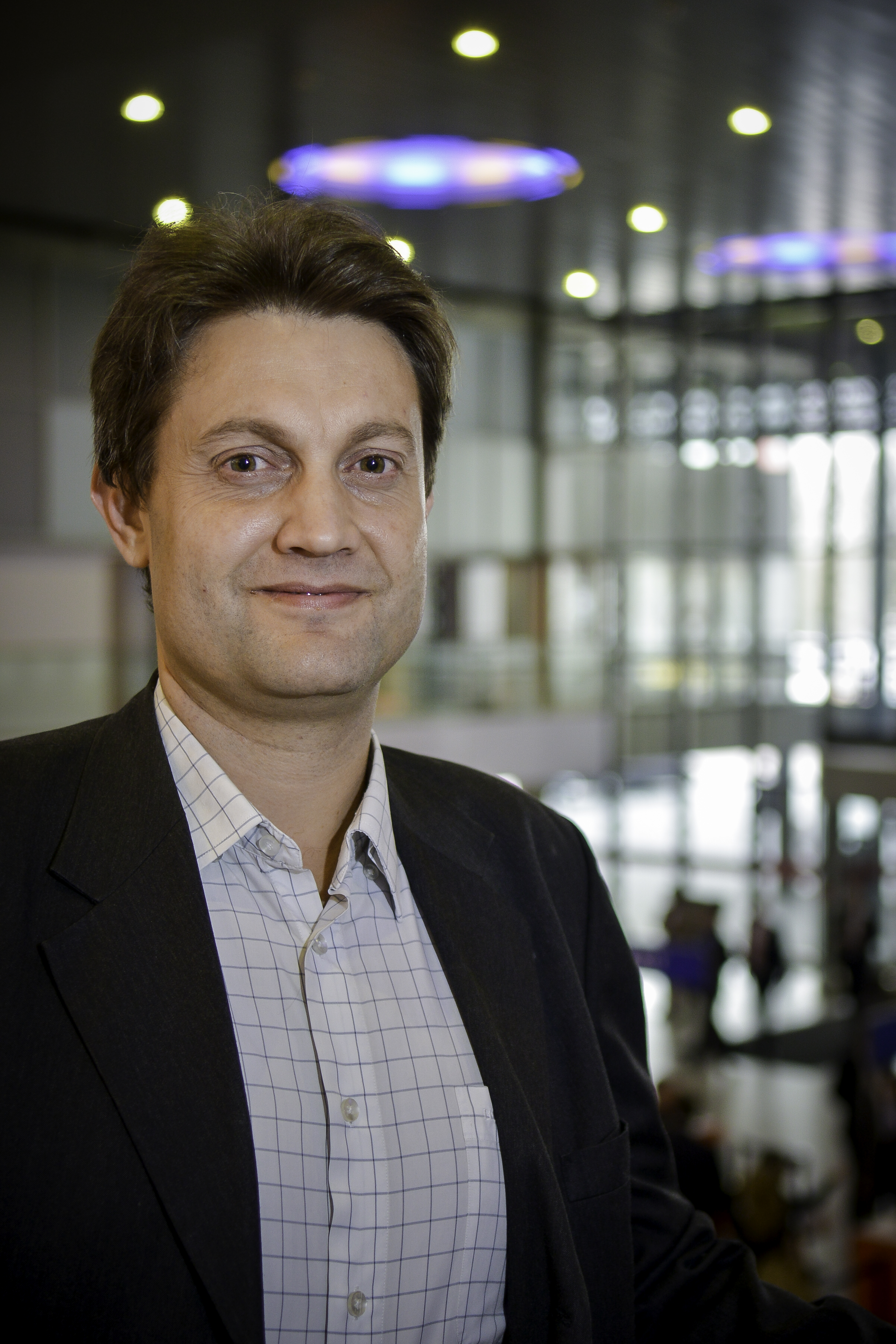Not everyone will adopt Mobility as a Service (
This is one of the main messages at this week's ITS European Congress in Eindhoven, Netherlands.
Vasco Mora, Lisbon's deputy mayor's advisor, said: “MaaS is great, and we need it, but we must not forget those that will not be included in whatever effort we make.”
Volker Amann, CEO of consultancy company Avimo, told the audience that the public and private sector should work together but there are a lot of “pains of cooperating”.
In a session called Who Needs to Drive MaaS – Politics of Business, Amann recommended that both parties should focus on “concrete goals” and sign an agreement which includes governance rules.
“The focus should not be on clarifying every detail that could happen in the future, but they should focus on learning and improving together,” he continued. “This could be providing a wide variety of mobility offers that are supported and monetised by public authorities.”
According to Amann, Austria is focused on bringing MaaS to rural areas, a goal which will be difficult to achieve without the investment of billions of euros.
“My approach is to create a regional MaaS ecosystem that involves the most important players and add value outside of mobility. For instance, this could be car dealers that may want to implement a car-sharing solution,” Amann concluded.
Not everyone will embrace MaaS, says Lisbon expert
Not everyone will adopt Mobility as a Service (MaaS) solutions, so we still need to have legacy ways for people to reach the transport system to satisfy everyone.
This is one of the main messages at this week's ITS European Congress in Eindhoven, Netherlands.
Vasco Mora, Lisbon's deputy mayor's advisor, said: “MaaS is great, and we need it, but we must not forget those that will not be included in whatever effort we make.”
Volker Amann, CEO of consultancy company Avimo, told the audience that the p










